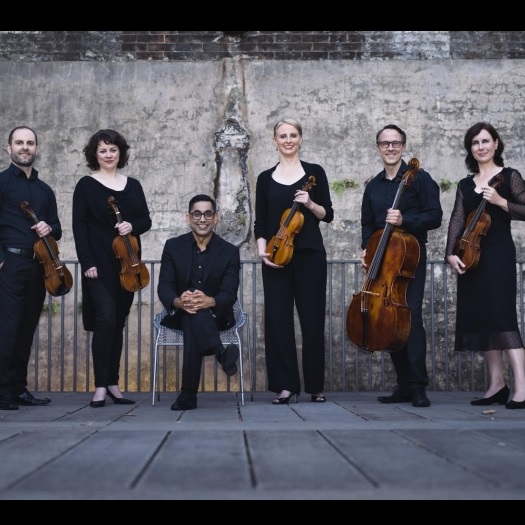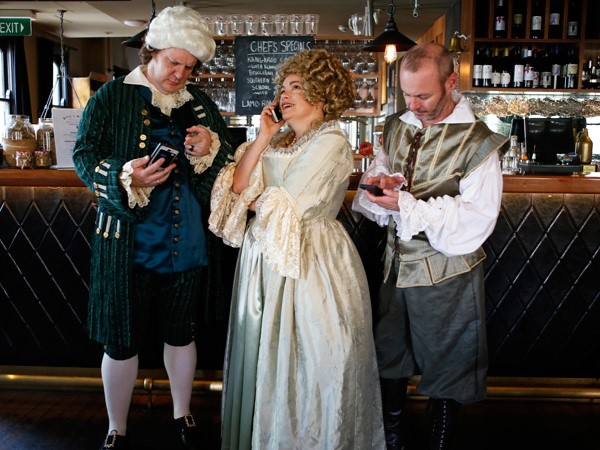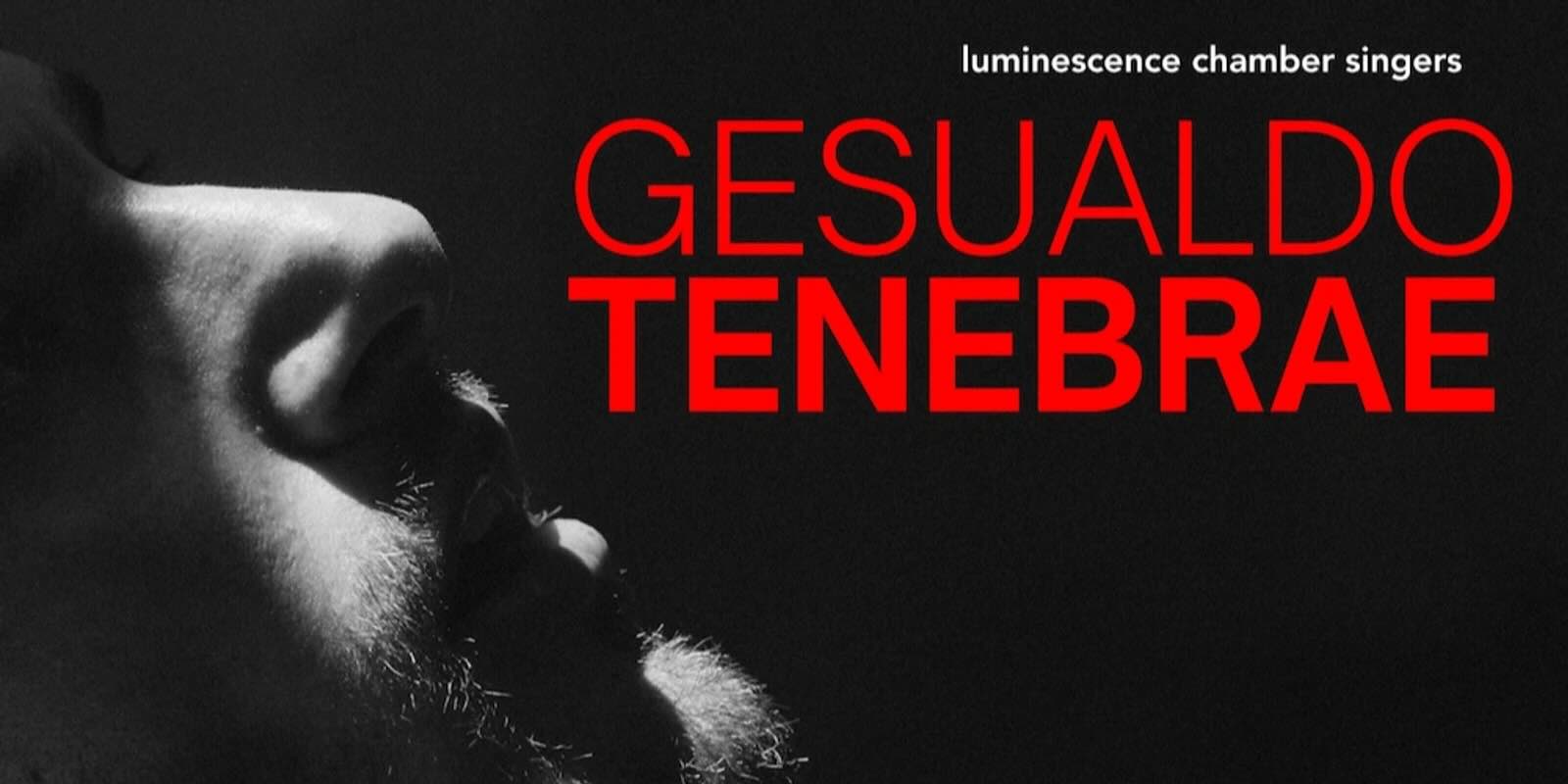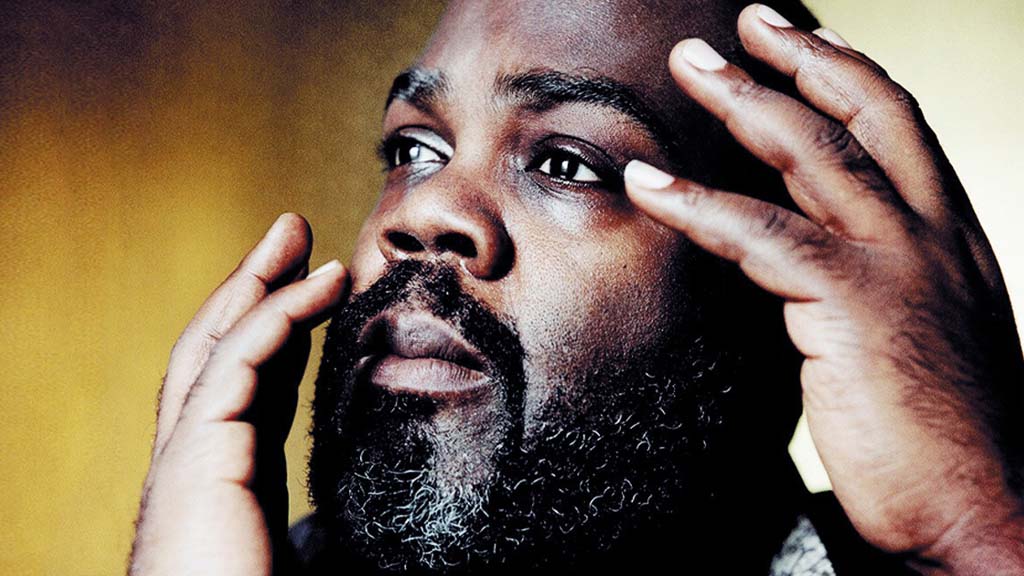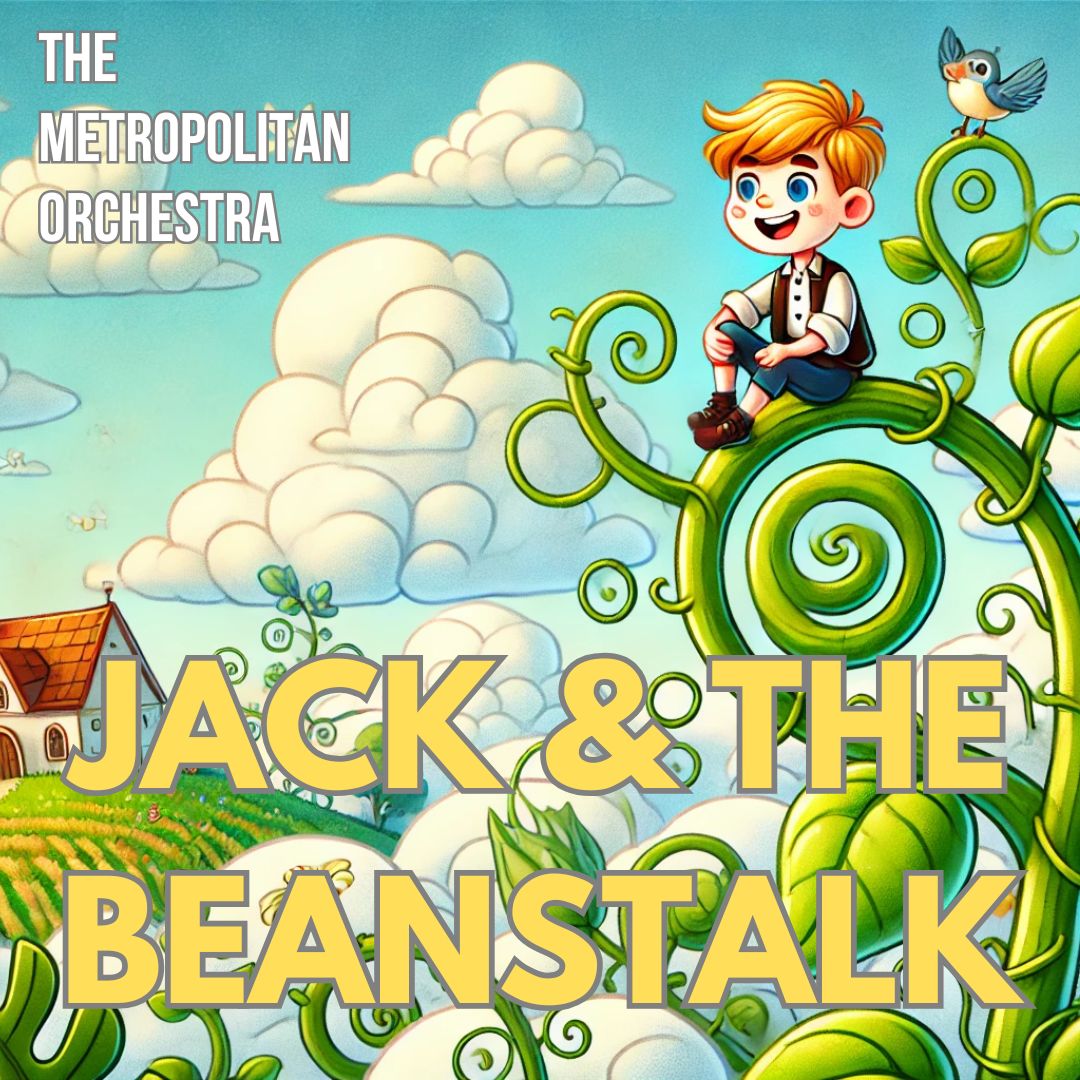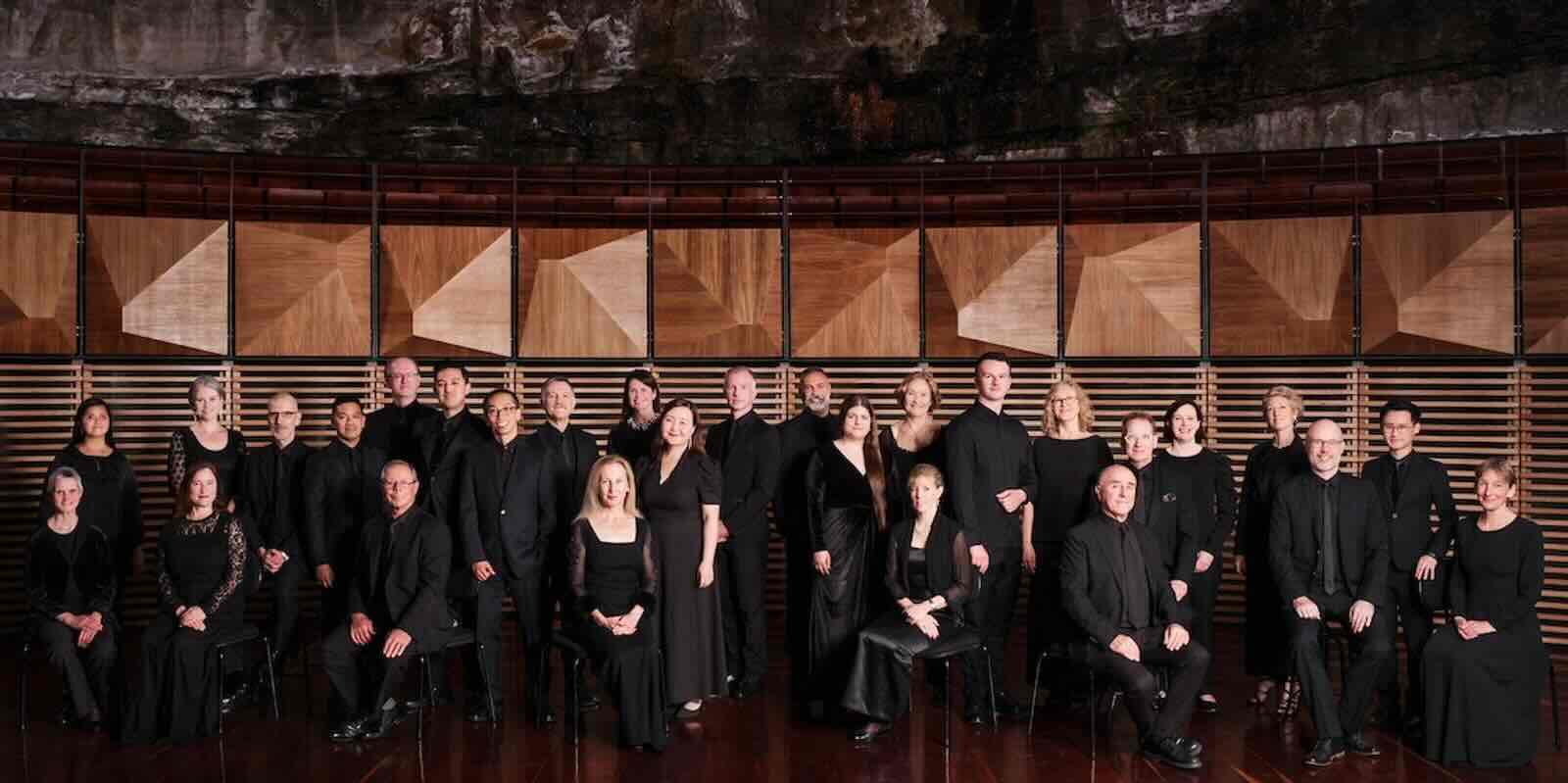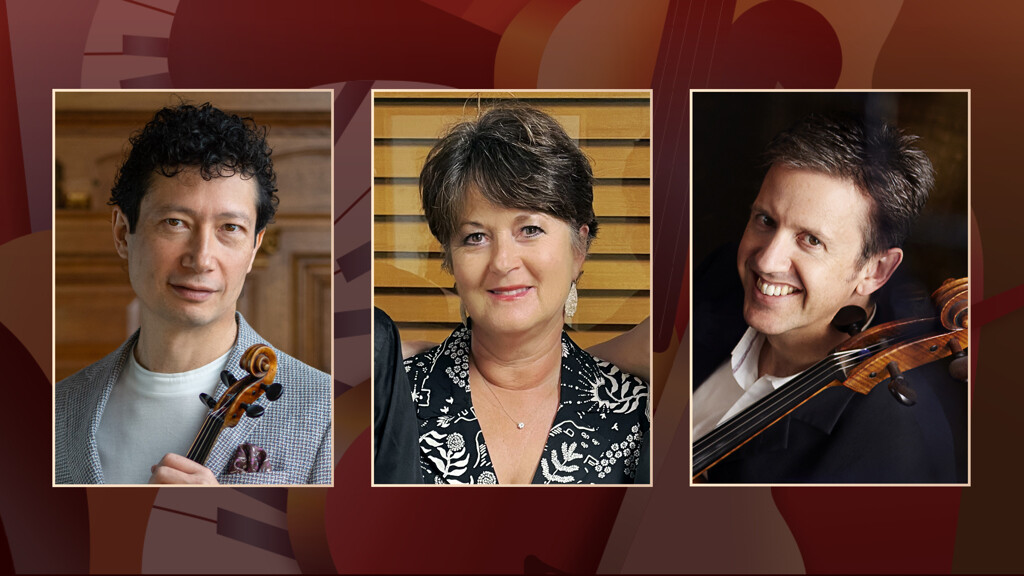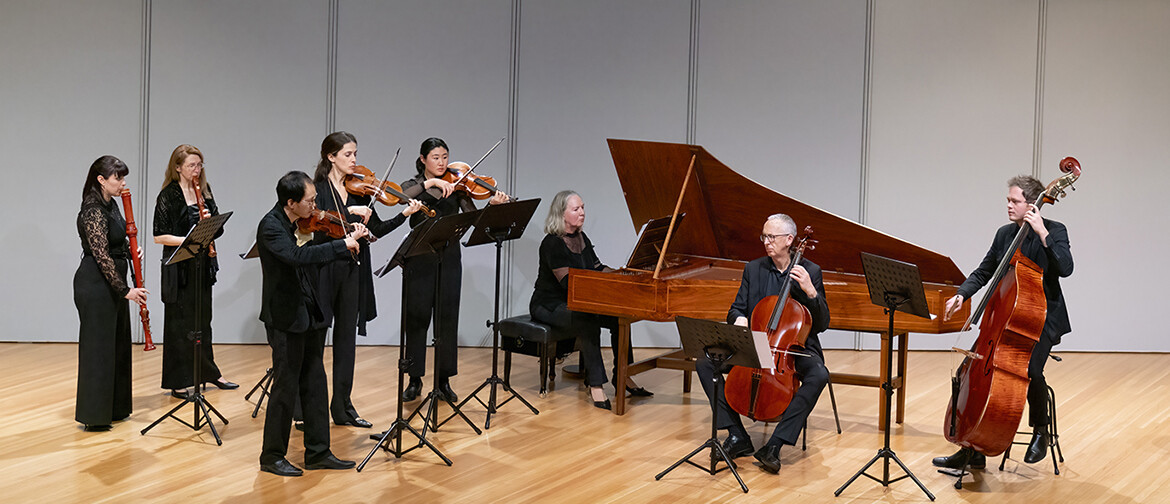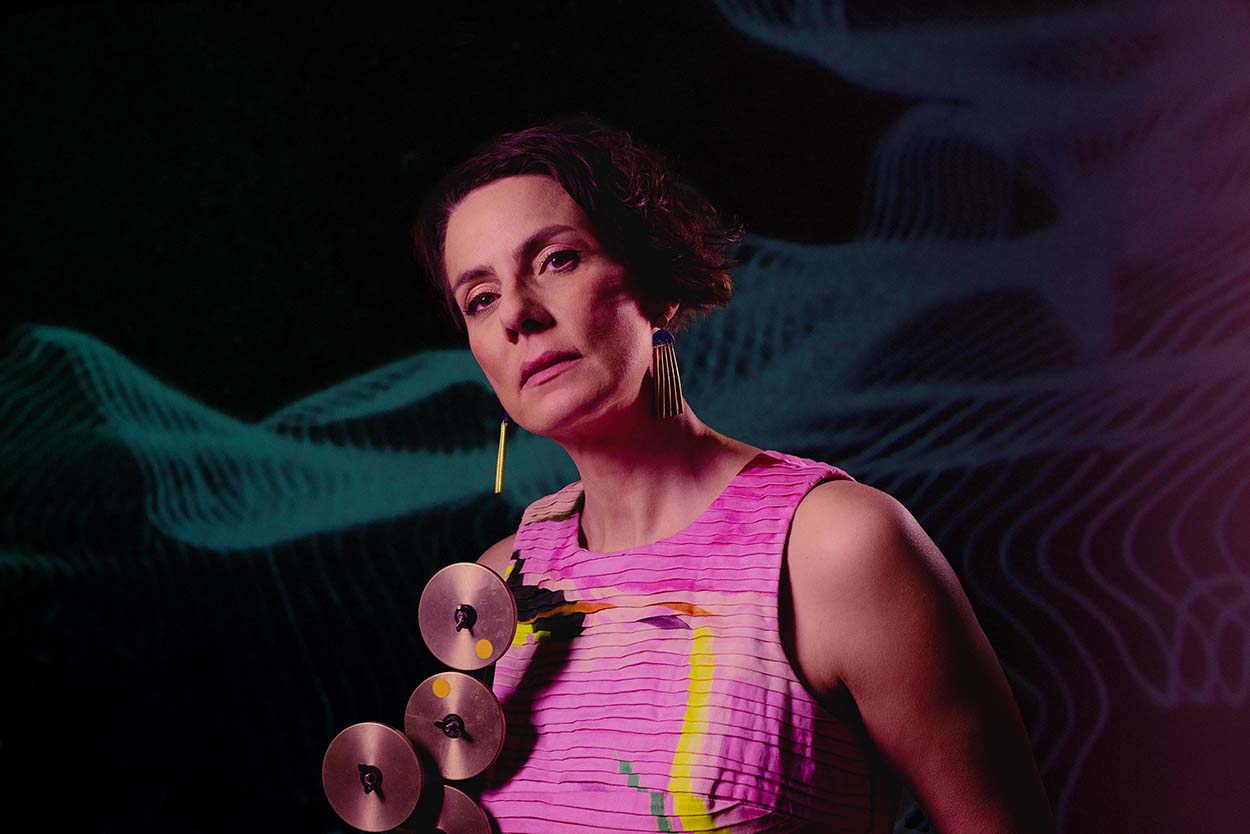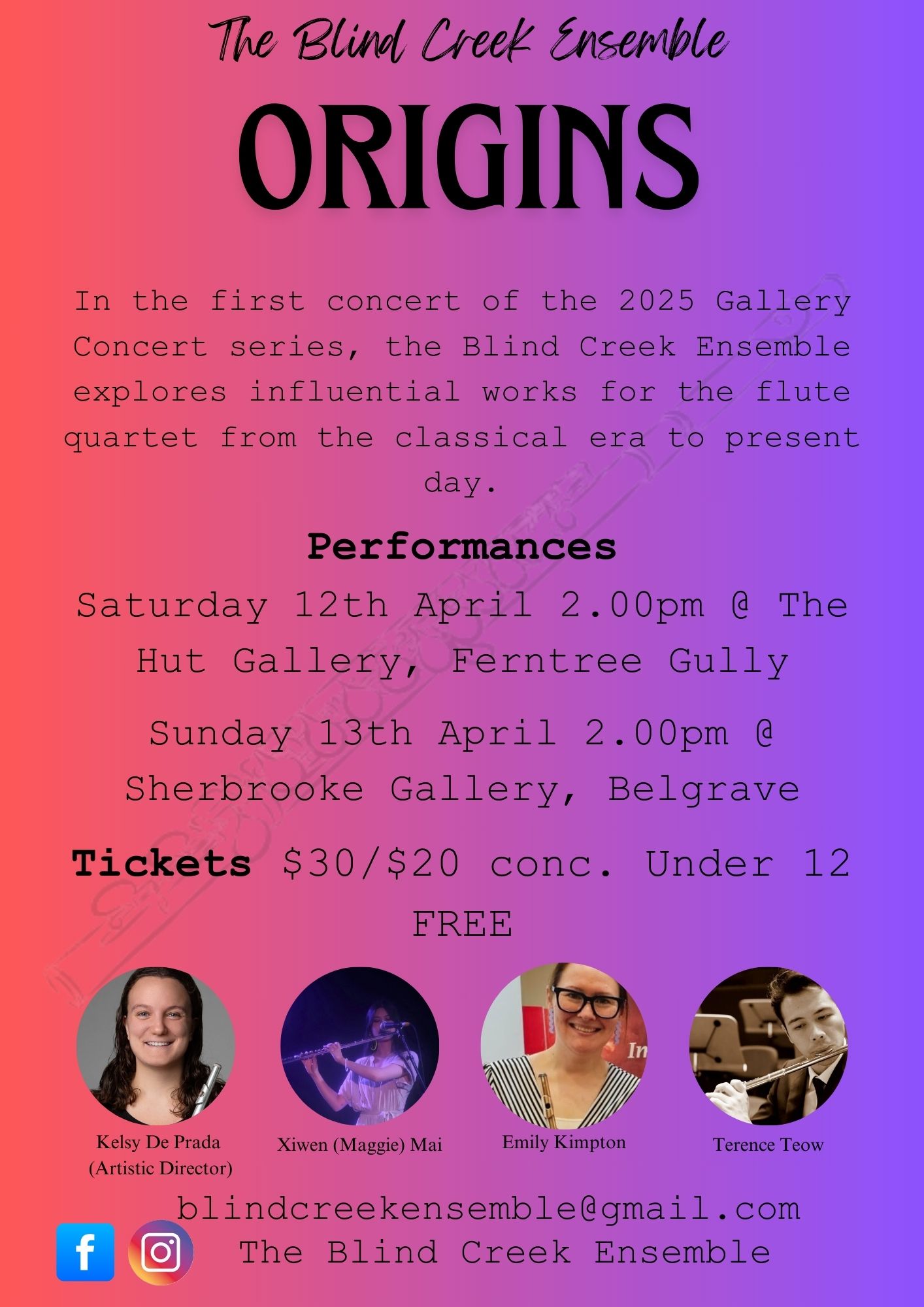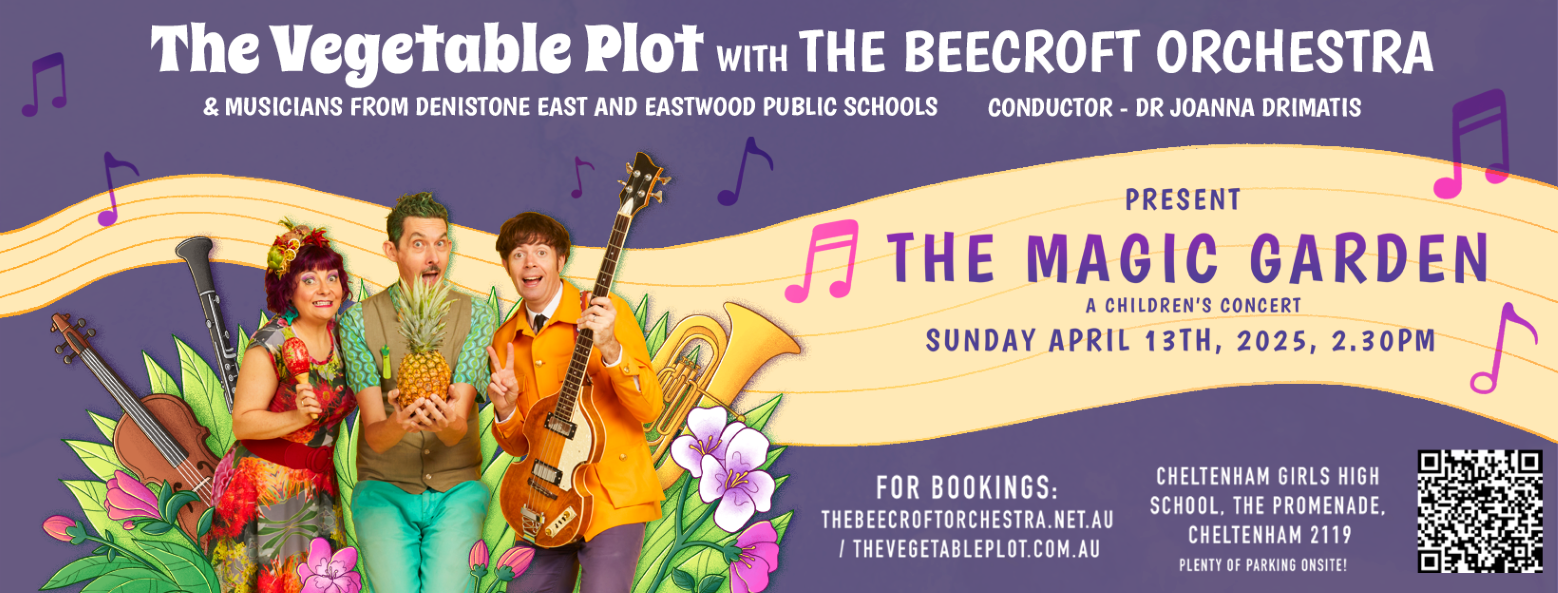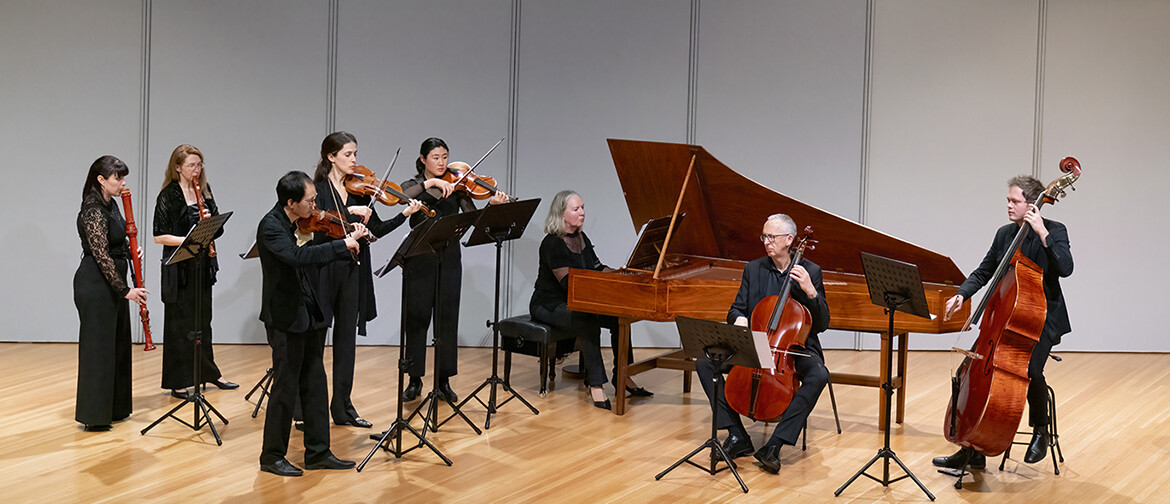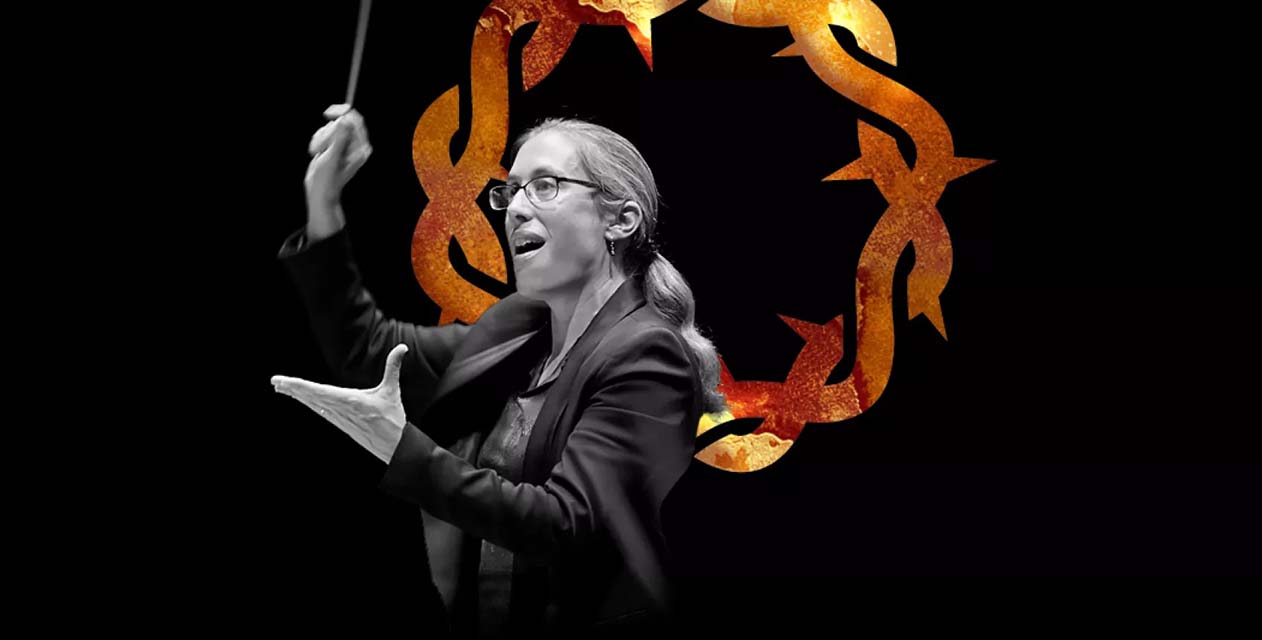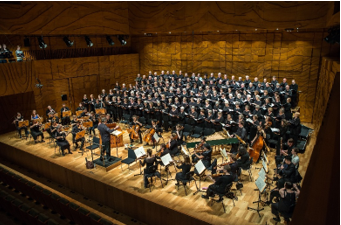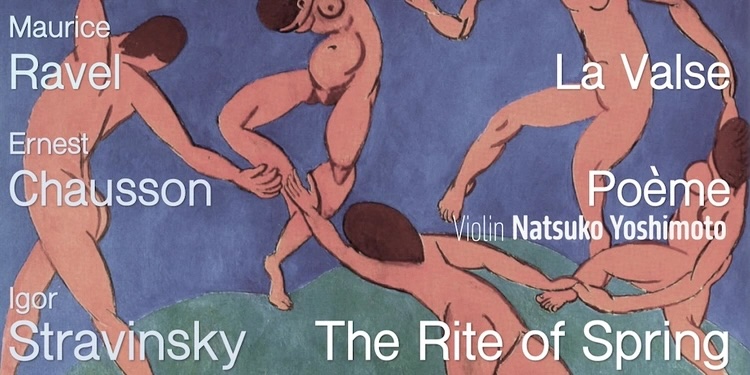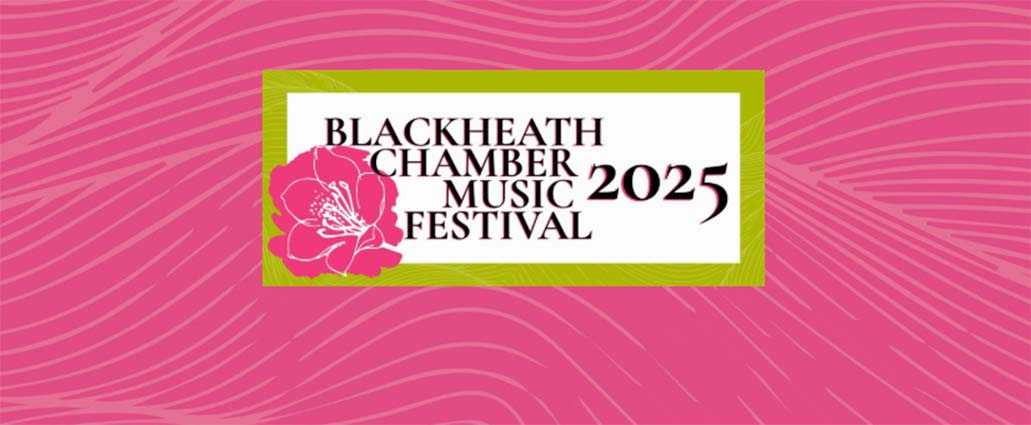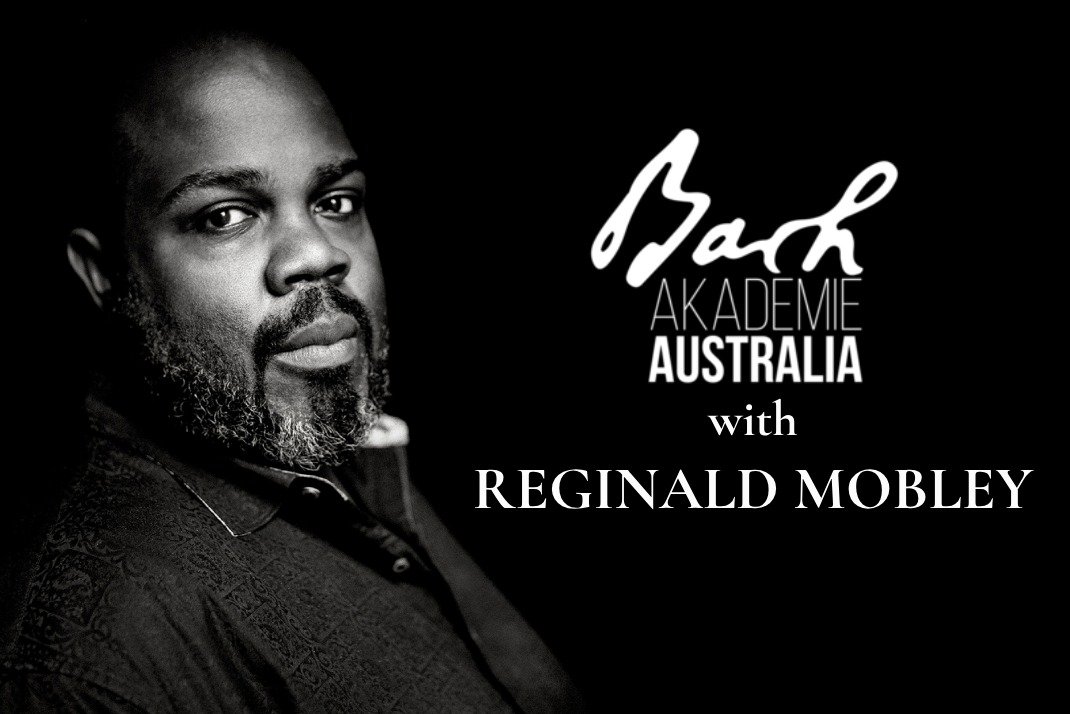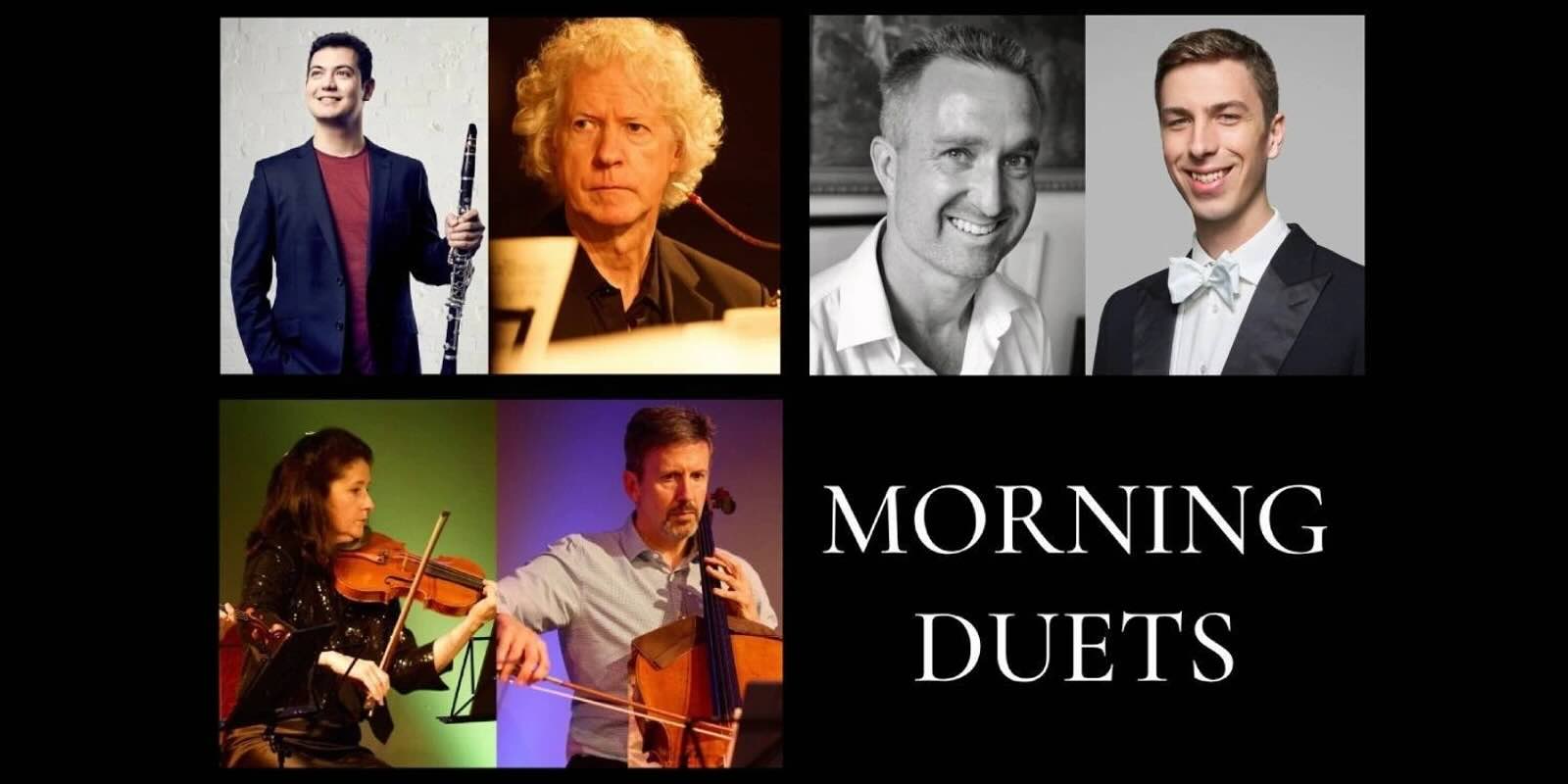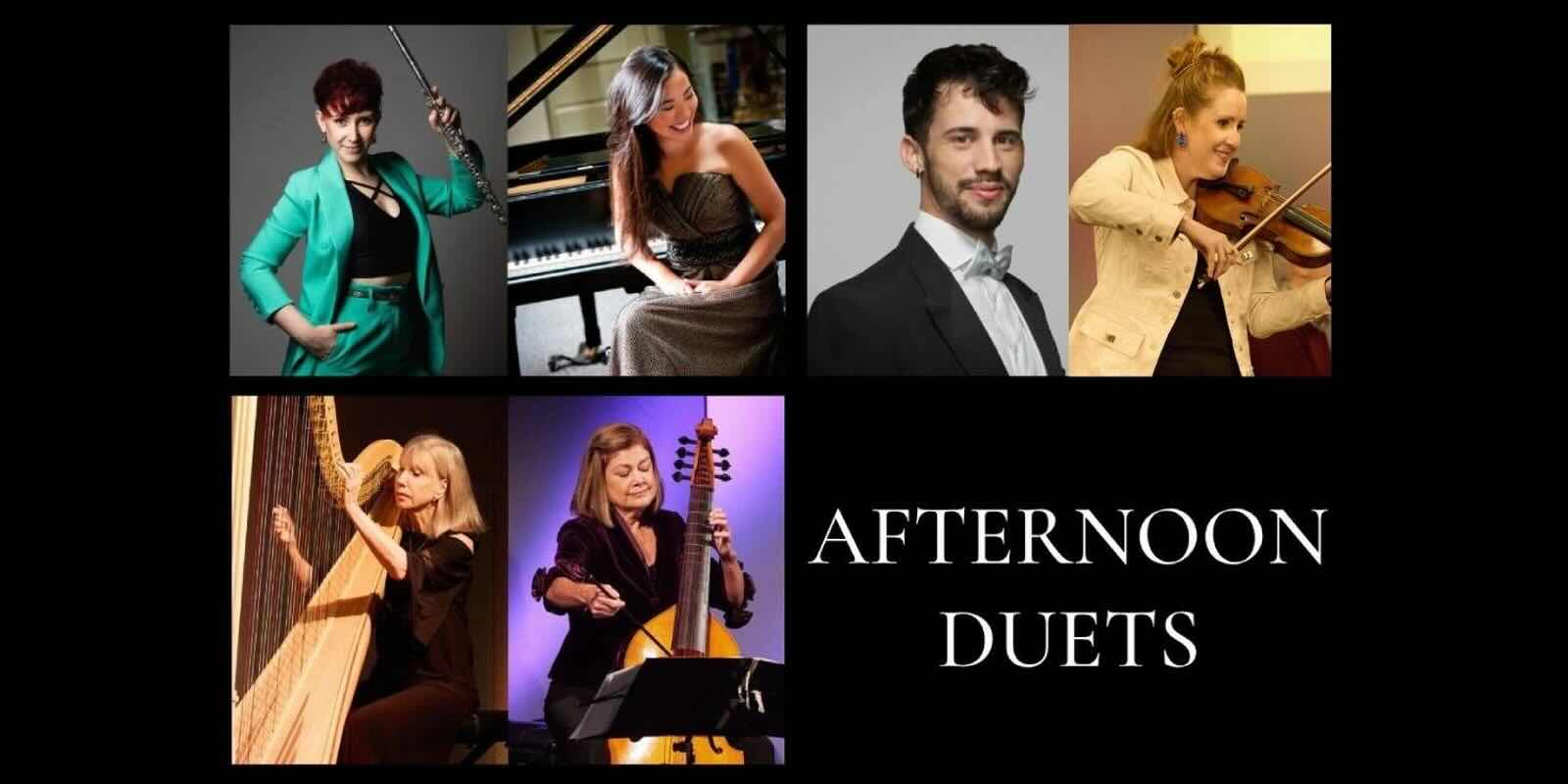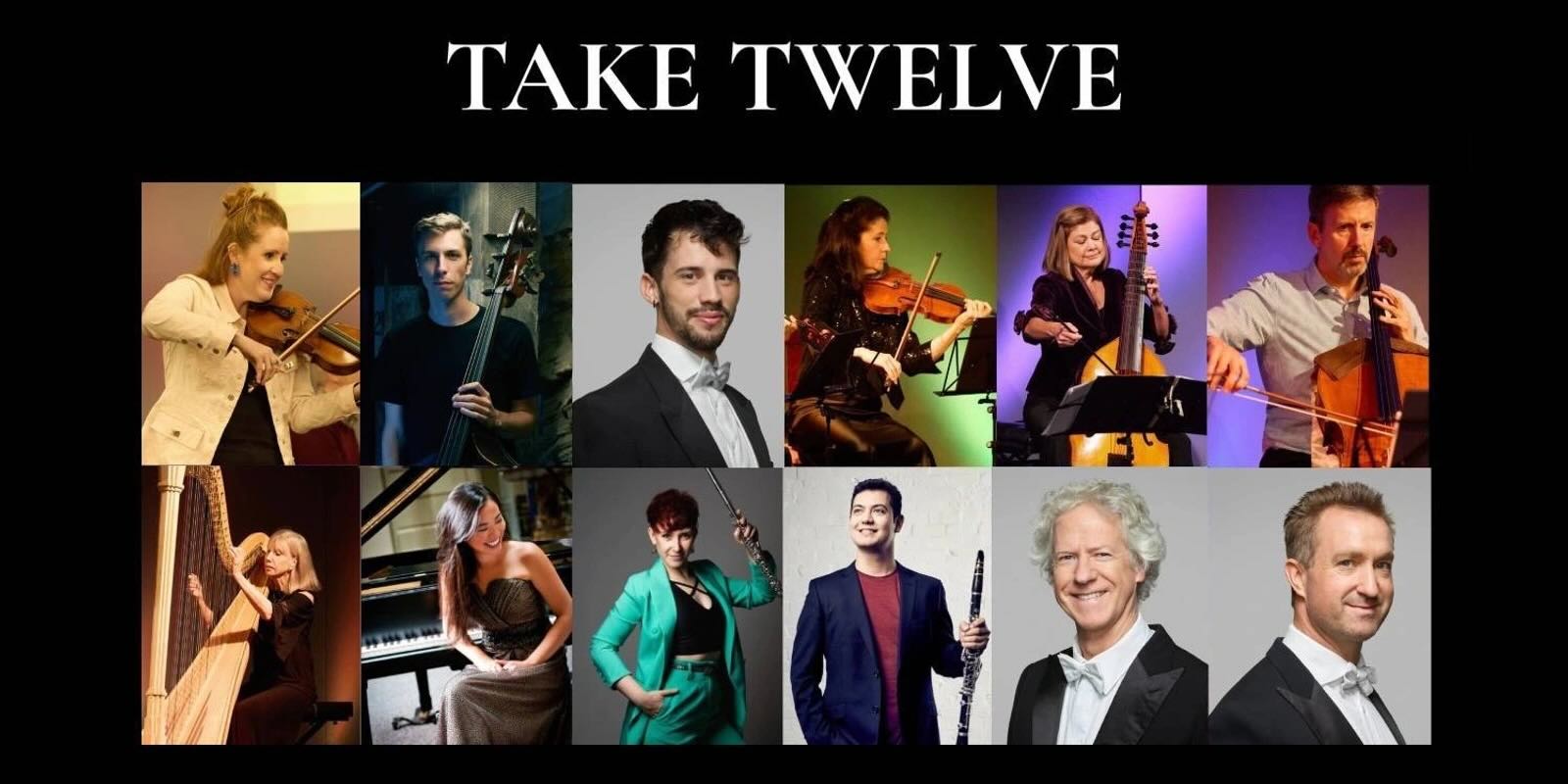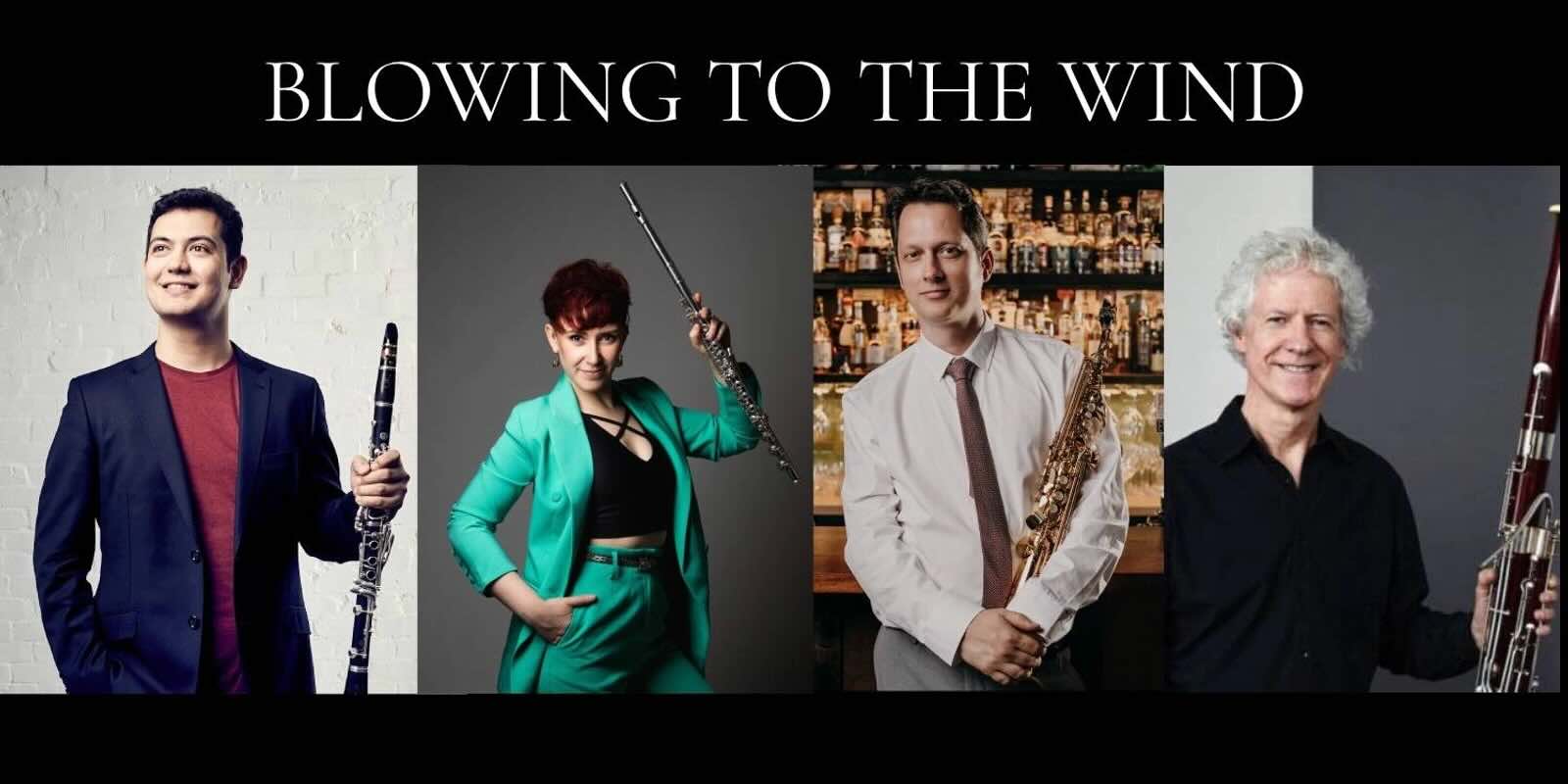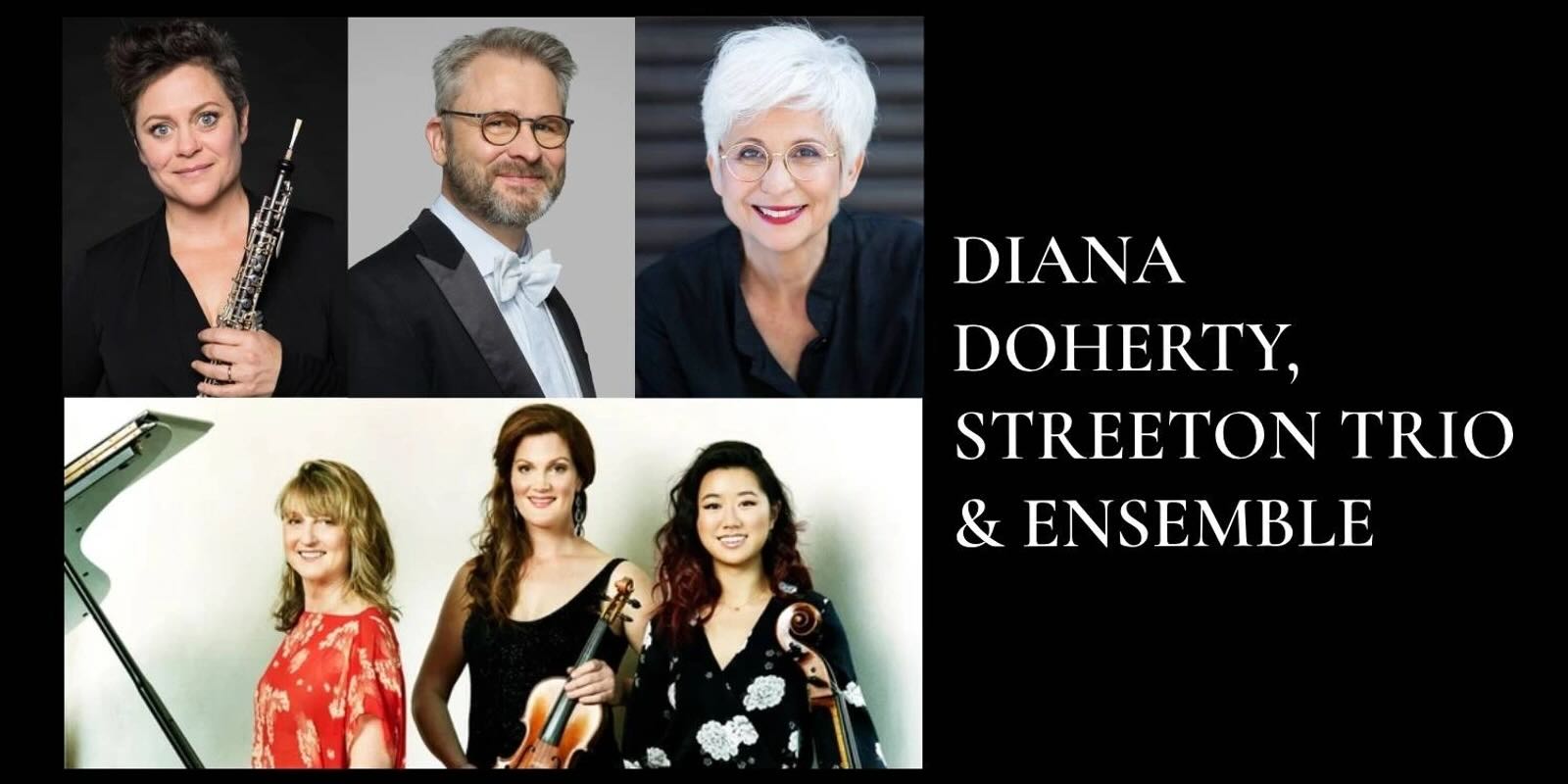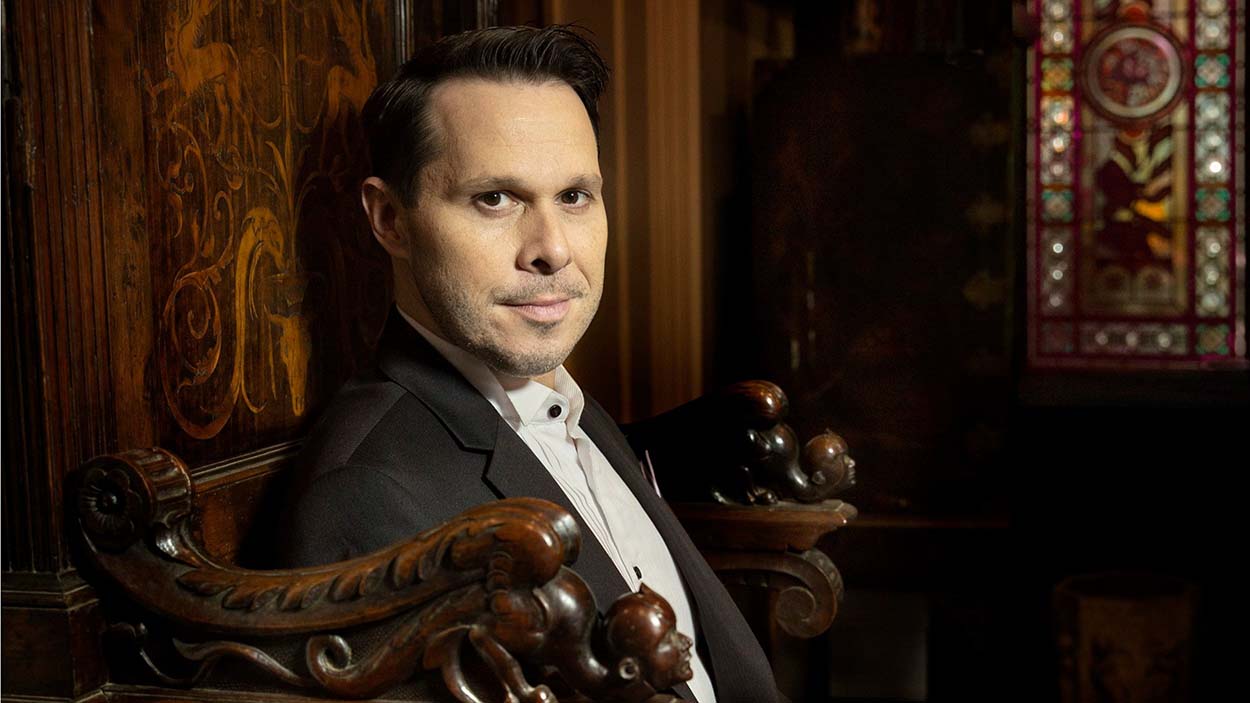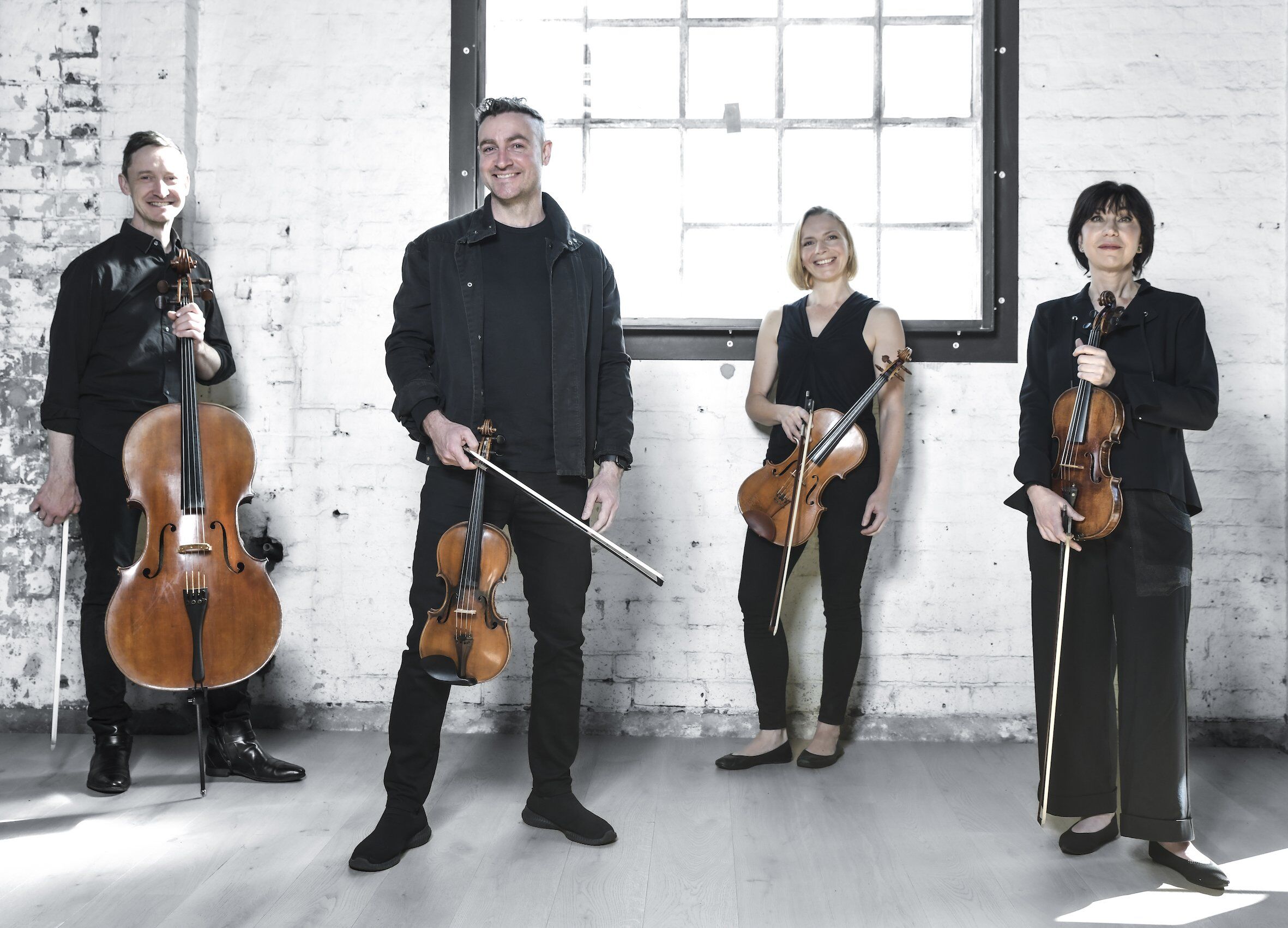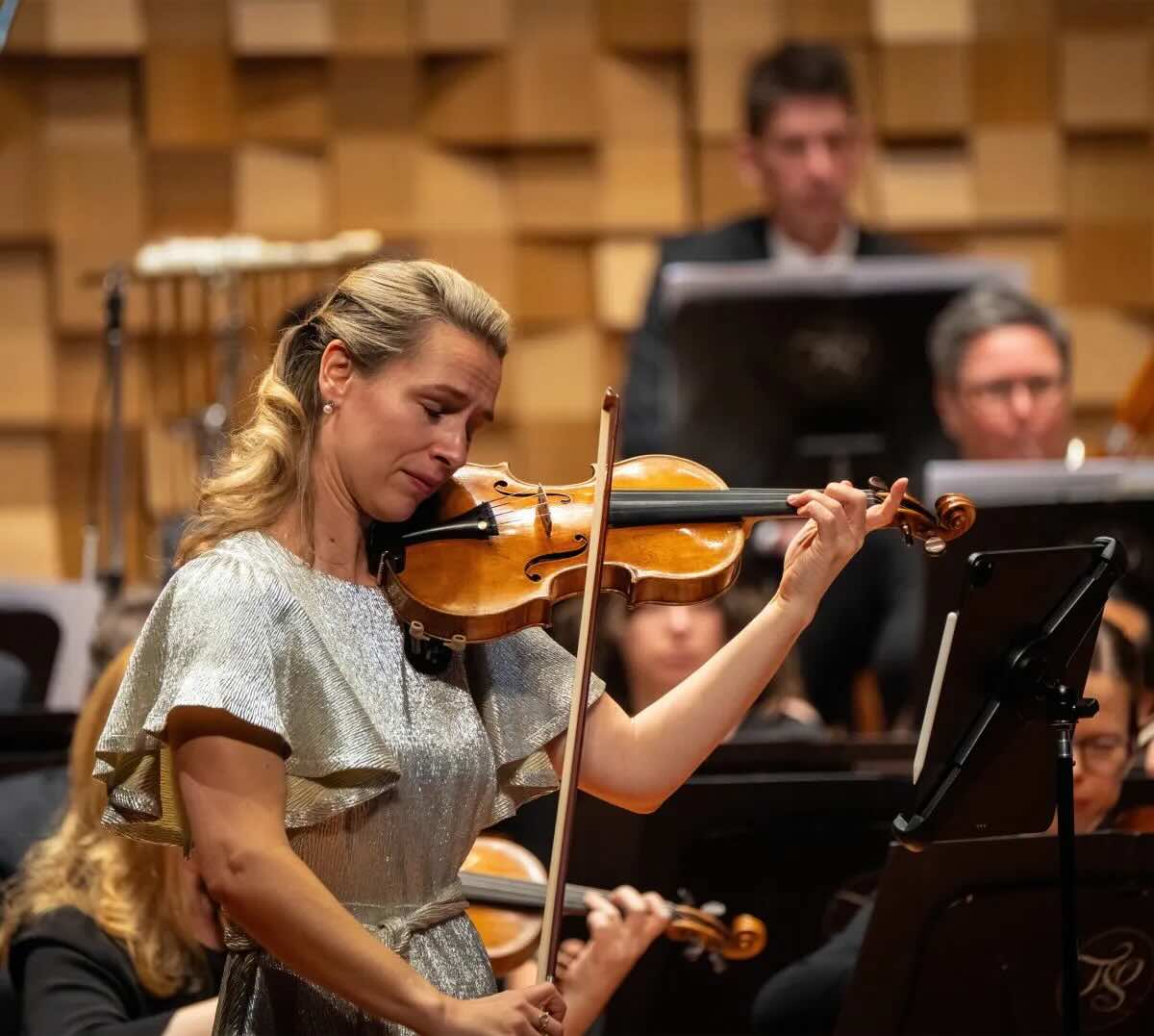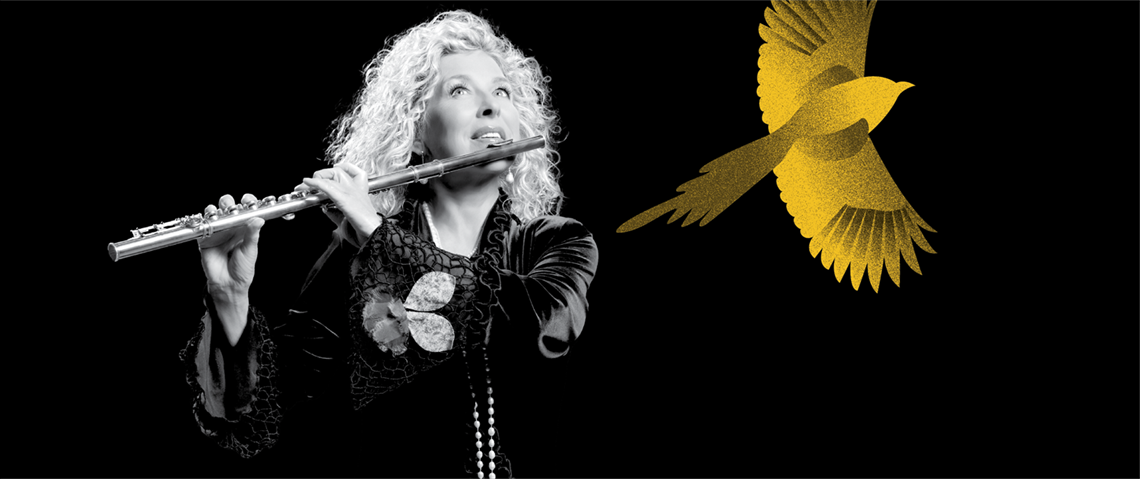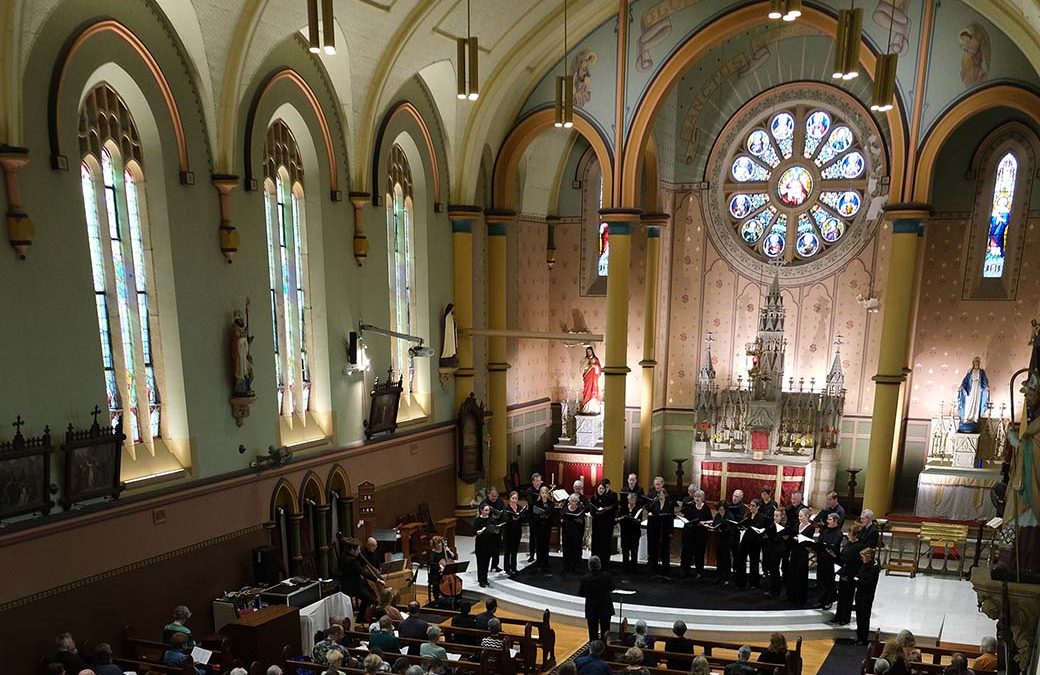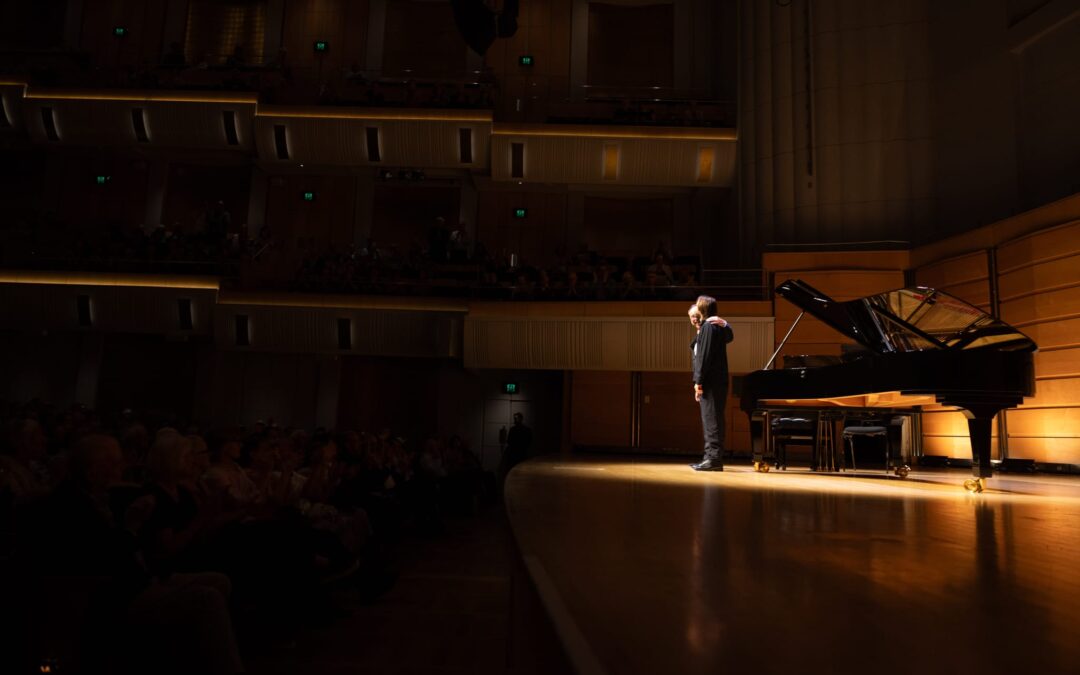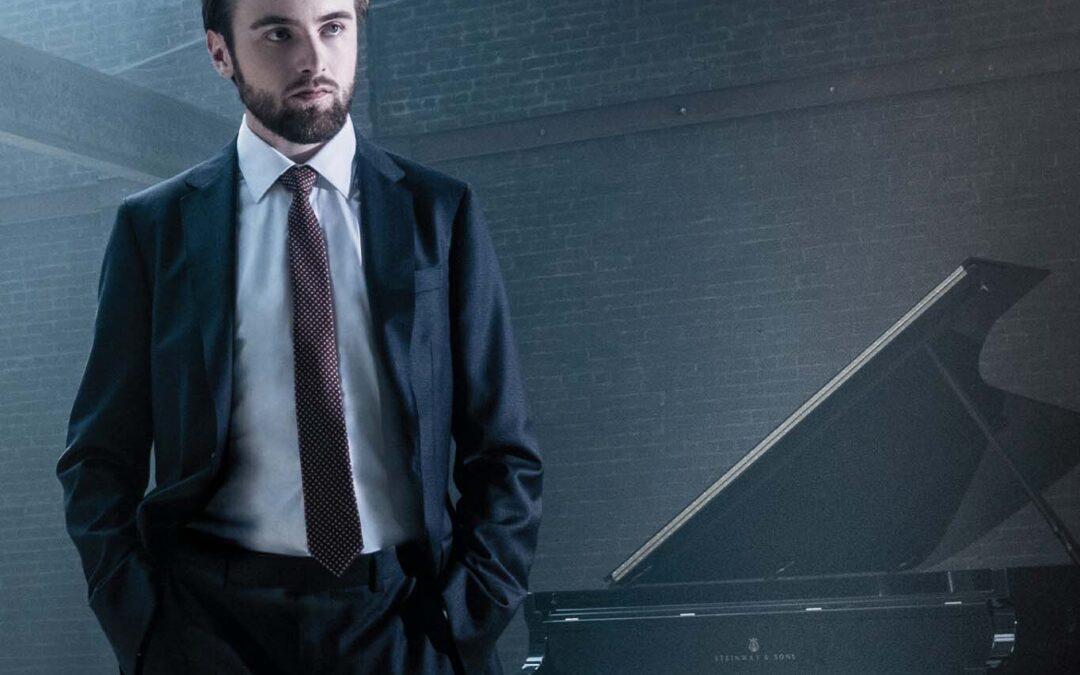With a program featuring a composer known as the “Spanish Mozart”, it should seem fitting that Ironwood’s 3rd concert in this year’s season was accompanied by a beautifully warm evening at the Sydney Conservatorium of Music.
Ironwood is a period-instrument ensemble established in 2006 that explore not only historically informed performances of late-Renaissance works, but delve into music from the late Romantic era as well as newly commissioned works. While the entire ensemble consists of six members, “Classical Lyricism and Fervour” featured Rachael Beesley and Anna McMichael on violin, Simon Oswell playing viola, and Daniel Yeadon as cellist.
The concert began with the String Quartet No.3 in E flat Major by Juan Crisostomo de Arriaga y Balzola. Often referred to as the “Spanish Mozart” due to in equal measures his status as a child prodigy, his accessible writing and his tragically young death, the work was composed when Arriaga was only seventeen. The work displays a youthfulness and juvenility, but certainly not a lack of craftmanship. From the beginning of the first movement (Allegro), it was clear how well Ironwood are able to navigate the gorgeous conversational elements that often gives classical period music its charm. The lullaby-like theme of the second movement (Pastorale – Andantino) allowed the audience to take in the truly unique tone of each period-instrument. Yeadon’s cello made in London 1781 by William Forster was a notable stand out for me, providing a warmth and depth that perfectly accompanied the lilting melody featured in the violins. The final two movements featured spontaneous changes from tenderness to “hotheadedness” (as Yeadon described it when greeting the audience), and it was a real joy to see how much fun each musician had with it. Arraga’s String Quartet was a great way to start the evening and Ironwood brought out the Spanish elements embedded within the classicism of the work with ease.
Next was Mendelssohn’s String Quartet Opus 13 in A minor. Also composed at a young age (when Mendelssohn was 18), Mendelssohn composed it as a homage to Beethoven and subsequently it bears many similarities to Beethoven’s late string quartets. While a considerably more serious work than the Arriaga, it featured the same youthful fervour, but with more intensity and passion. While the Arriaga displayed the ability of each individual member, the Mendelssohn demonstrated how well the quartet moved as one organism, perfectly synchronising together. Concluding both the work and the concert with a raptorous “Presto”, once again it was an immense pleasure to see how involved each musician was in the excitement and passion of the last movement and resulted in a very satisfying conclusion to the evening.
With both the hotheadedness of Arraga’s quartet and the intensity of Mendelssohn’s, Ironwood showed their abilities as seasoned musicians who care deeply about the music they’re playing. Aided by their period instruments, the evening was one of warm weather, beautiful tones, and spectacular works. Make sure not to miss Ironwood when they conclude their fourth season on the 23rd November with “Romantic Dreaminess and Turbulence” at the Sydney Conservatorium of Music.
Review for:
![]()
Ironwood: Classical Lyricism & Fervour | 15 September @ 6:30 pm | Sydney Conservatorium of Music
![]()

